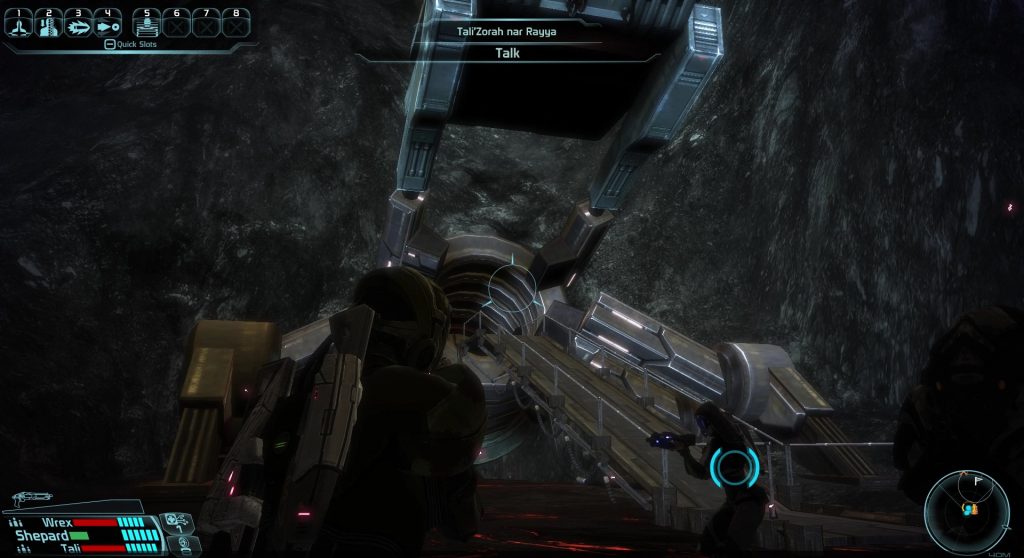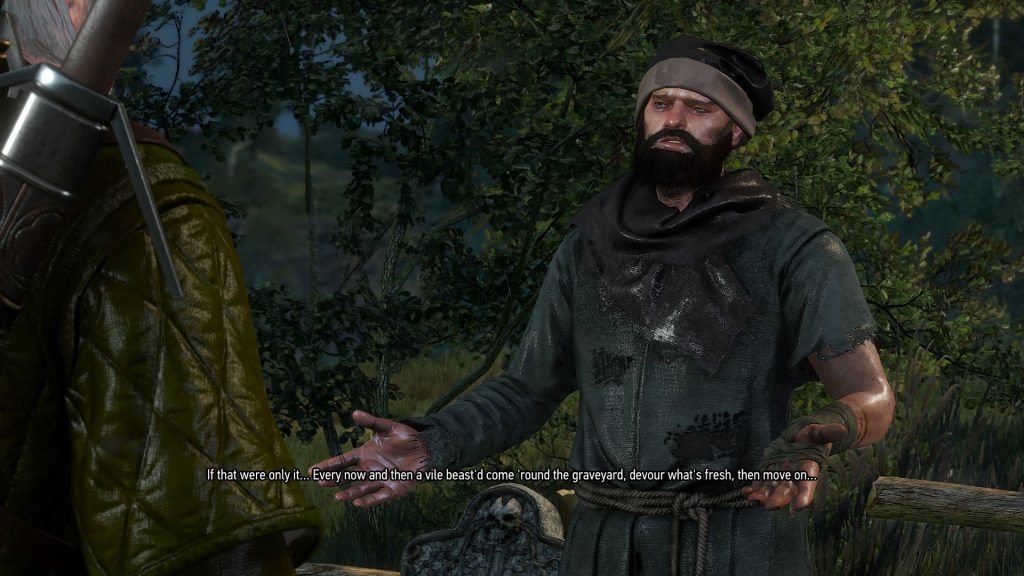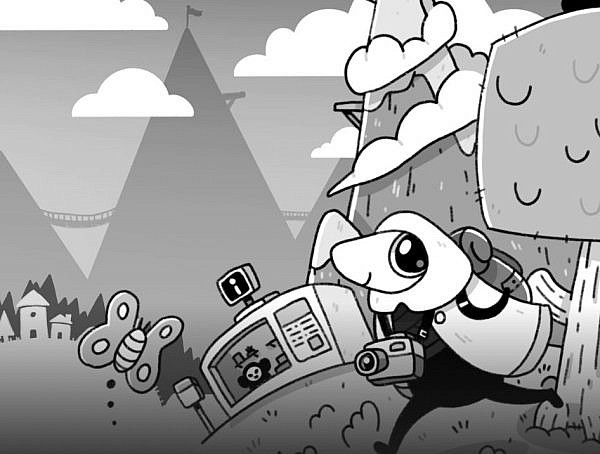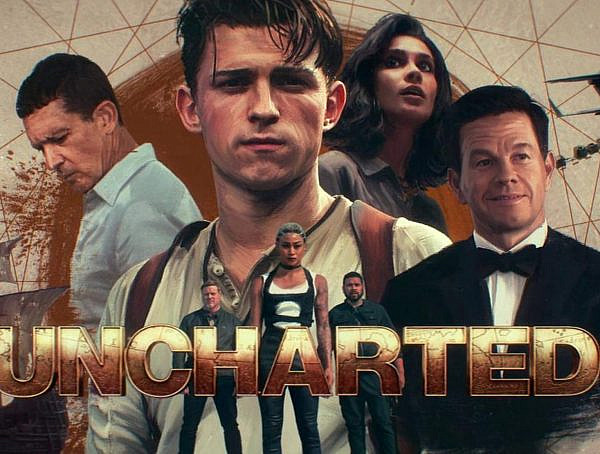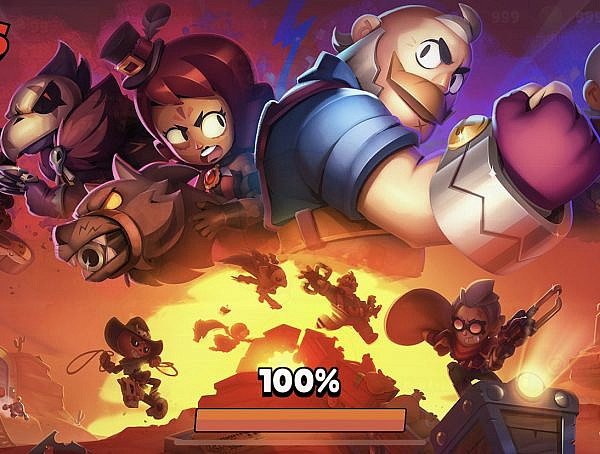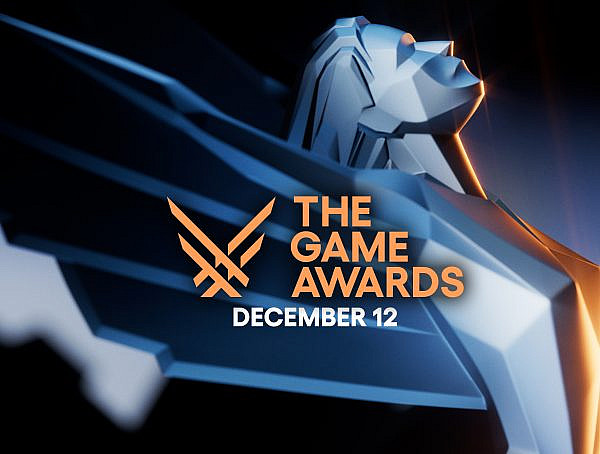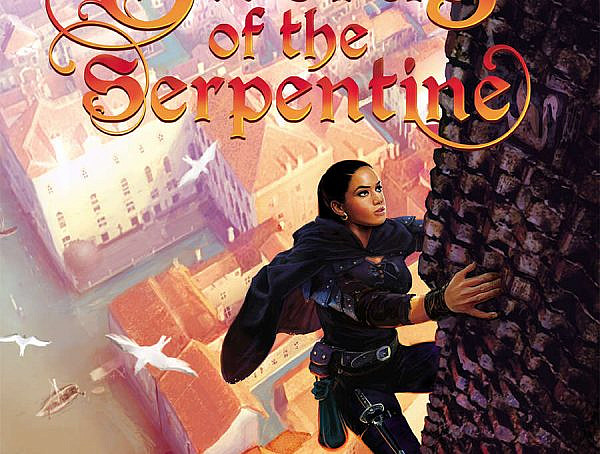The struggle to find meaningful experiences amongst a sea of fetch quests
“Can you help me find my sword? I dropped it in a cave while I was searching for treasure and a band of goblins attacked me!” Sound familiar? It has happened to us so many times – While it falls on us, the players, to save the world from all manners of threats, someone always gets the idea to come up to us and ask our help in the most mundane things! In reality, such things would be absurd to even consider while the world is at stake. But in games, doing these “side quests” can be as entertaining as following the main storyline. And by side quests, I mean quests that do not directly advance the main story and are optional to complete. At worst, they can be an absolute drag, even if the main storyline is enjoyable. Here, I’m going to compare two RPGs and ponder what aspects make them fun. The first game is Witcher 3 (CD Projekt RED, 2015), a fantasy RPG which has some of the best side quests I have ever played. The other game, Sci-fi RPG Mass Effect (BioWare 2007) in turn, doesn’t offer very memorable moments beyond the main missions. Both games are dear to me, and I have put enough hours into each of them to have formed a clear opinion on the strengths and weaknesses of these games.
Among the most important qualities for a side quest is to have an impact. A side quest could have an impact on many things: They could alter the main storyline or the game world permanently. These kinds of side quests feel meaningful when one witnesses their effect after completing them. Witcher 3 does this wonderfully, the major side quests having an impact on the fate of the game’s major characters, as well as deciding the result of the war between the nations of Nilfgaard and Temeria raging in the game’s background and ultimately affecting its ending. Unfortunately, the same can’t be said about Mass Effect. Its side quests, or assignments, as they are called in-game, barely change anything in the main story. While a couple of assignments actually do have meaningful consequences in the main story arc, the impact of most assignments amounts to the characters involved appearing later during the trilogy, saying stuff like “Thanks for helping me that one time”. Or worse yet, they just send you a message saying the same thing.
Side quests should also offer variation. This is my main problem with Mass Effect’s assignments. They start to feel very repetitive very fast, usually given by Fleet Admiral Hackett, your commanding officer, when you enter a new star cluster. Very often, your objective is to land on an uncharted planet and drive your space-tank Mako to a generic base. The bases come in three possible layouts with slight variations within them: there might be containers within that are placed differently. There, you usually have to take out a batch of bad guys, after which you might have a conversation with a character related to the backstory of the assignment. In Witcher 3, even the more trivial side quests have unexpected turns and twists. Take the witcher contracts as an example. As professional monster hunters, the witchers earn their livelihoods by tracking and killing beasts that threaten the local population. These contracts could very easily have been designed to be as straightforward as they sound: Track a monster, kill it, and collect your money. But that is very rarely the case. Each contract feels unique and usually has a small story arc of their own. Usually, there is more to the contracts, and the people involved in the contracts often turn out to be worse monsters than the beasts themselves. This makes the side quests of Witcher 3 a joy to play, as one never knows how the quests are going to play out. Sure, not all of Witcher 3’s side quests are hits. The treasure hunts, for example, are quests where the objective is to find valuable items, whose location is usually pointed out by a letter often found on a dead body. While these types of quests usually have an interesting backstory on how the items ended up where they were, the treasure hunts often play out without any unexpected events.
In my personal experience, well-done side quests are in the minority. Most often, they are there just to offer experience points, or just as filler content. Putting effort into the design of side quests greatly increases the amount of gratifying content within a game. It is a great service for those players who want to invest themselves into the game world beyond the main story. The two games presented here, Witcher 3 and Mass Effect, work as perfect examples of both successful and unsuccessful side quest design. At best, side quests can become small stories within a story that are usually focused on a more personal level. If it is well done, venturing into a cave to find some poor sod’s lost sword can be as gratifying as saving the world.
You might also like
More from Features
Game Awards – Celebration of talent or a Marketing Extravaganza?
The Game Awards 2024 is over and the winners are announced. However, are they still following the same pattern that …
Worlds in a Finnish Theater: League Finals, Community, and Döner Kebab
I travelled to Helsinki to watch League finals in a cinema, and it was worth it. #leagueoflegends #esports #community #worldfinals







